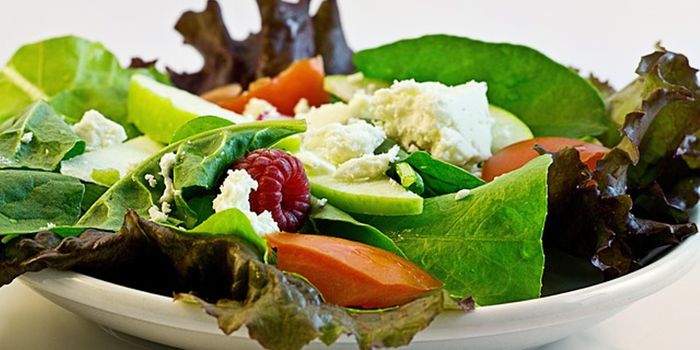Exercise Does Not Cancel Out the Heart Risks of Sweetened Drinks
New research published in The American Journal of Clinical Nutrition has shown that, in spite of popular beliefs, physical activity can’t counteract the negative cardiovascular impacts of regularly drinking sugary beverages.
The prospective cohort study included over 100,000 adults with a follow-up time of about 30 years. At the start of the study, all participants were free of chronic diseases. During the study, participants’ consumption of sugar-sweetened and artificially sweetened beverages were measured every four years, and their physical activity was measured biannually. In addition, the incidence of cardiovascular disease, including fatal and non-fatal coronary artery disease and stroke, was measured throughout the study. The goal of the study was to see how sweetened beverage consumption and physical activity are related to cardiovascular disease.
The results showed that higher intake of sugar-sweetened beverages was associated with a higher risk of cardiovascular disease regardless of physical activity levels. Participating in at least 150 minutes of physical activity per week, which is recommended by physicians, does reduce the risk of developing cardiovascular disease, but it does not fully counter the raised risk from sugary beverages. Participants were at higher risk if they drank two or more sugary beverages per week compared to those who rarely or never consumed sugary drinks. While this level of intake is relatively low, it still significantly increased risk. Regular consumption of artificially sweetened beverages was not associated with higher cardiovascular risk.
The authors noted that getting enough physical activity reduced the risk of cardiovascular disease by about half, but this was still not enough to counteract the raised risk from sugary beverages. Examples of sugar-sweetened drinks include sodas, lemonade, and some fruit cocktails. While artificially sweetened beverages did not raise risk in the same way, the best beverage option for overall health is water.
Sources: The American Journal of Clinical Nutrition, Science Daily








